Lesson 1: Positive changes

Difficulties from regional characteristics
Coming to Nam Po - a district with many difficulties in Dien Bien province, which just celebrated its 10th anniversary in June 2023, we met a female official of the Mong ethnic group. That is Ms. Cho Thi Mo (born in 1986), President of the Women's Union of Phin Ho commune. Ms. Mo is quite busy with the union's work. She said that in previous years, Phin Ho was very poor, some villages had unstable electricity, the roads were not paved, making it very difficult to travel and carry out work. Up to now, the State has invested in building electricity, roads, schools, and stations in Phin Ho, but other difficulties still exist, such as: a number of women have low education levels, low intelligence, and cannot listen or speak the common language; some villages follow religion; there is still the phenomenon of having many children... Ms. Cho Thi Mo and the Women's Union officials have to make efforts to implement many measures to complete their tasks. This is also a common situation in many border areas, highlands of Dien Bien and the northern mountainous provinces.
For some districts and communes in border areas, remote areas, ethnic minority cadre work, especially the arrangement and use of ethnic minority female cadres, is even more difficult. Nam Po district was established in 2013, and the issue of personnel planning for management positions, especially for ethnic minority women, has encountered many difficulties. Mr. Dieu Binh Duong, Secretary of the Party Committee of Phin Ho commune (Nam Po district) said: By June 2023, the whole Phin Ho commune has 6 female civil servants, of which 2 ethnic minority women hold the positions of Chairwoman of the Commune Women's Union and Secretary of the Commune Youth Union.
Giving a general assessment of the work of female cadres, Ms. Ha Thi Nga, member of the Party Central Committee, President of the Vietnam Women's Union affirmed: In recent years, the work of female cadres has always received the attention of the Party, the State, all levels and sectors. The number and quality of female cadres at Party committees, female leaders, managers, female National Assembly deputies and People's Councils at all levels has increased. However, the proportion of female cadres in our country is still far from the set target. There is growth, but the growth rate is not high and lacks sustainability, not commensurate with the potential and great contributions of women of all classes, including female cadres who are ethnic minorities.
Faced with practical requirements and assigned political tasks, the work of female cadres and ethnic minority women in Dien Bien province still faces many difficulties. According to statistics from the Organizing Committee of the Dien Bien Provincial Party Committee, by the end of 2022, female ethnic minority cadres in the province accounted for about 11.6% of the total number of leaders in the province. According to decentralization, at the provincial level, there are only about 4.9% of female ethnic minority cadres; at the district level, there are 9.2% of female ethnic minority cadres holding positions from deputy head of department and equivalent or higher; at the commune level, there are 15.6% of female ethnic minority cadres holding leadership positions in the Party, People's Council, government, and heads of mass organizations. At the department, branch, and sector level, only 4/37 units are female ethnic minority women (accounting for 10.8%).
It can be seen that the role of women in general, and ethnic minority women in particular, in Dien Bien is increasingly enhanced. The proportion of ethnic minority cadres in the general structure of cadres, civil servants and public employees of the province is increasing; the number of female National Assembly deputies has reached and exceeded the set plan, but the distribution is not even. In many localities, the proportion of ethnic minority female managers and leaders participating in Party committees and People's Councils has not met the planned target. In particular, the proportion of female cadres and ethnic minority women holding key positions in Party committees, authorities, sectors and organizations is still low, uneven, and not commensurate with the potential of female cadres. The majority of female cadres holding leadership and management positions are deputies. The assignment of some work positions is still difficult. A number of ethnic minority female cadres have not met the requirements of their tasks, lack skills in organizing, managing and implementing policies, leading to ineffective implementation of tasks and targets for economic, cultural and social development in the locality. There is still a gap in the structure of female cadres among ethnic groups.
Mr. Nguyen Van Uyen, Deputy Head of the Organization Committee of Muong Nhe District Party Committee said: "Some ethnic groups with special difficulties and few people such as Cong, Si La... still have very limited resources to develop female cadres".
The training and development of female cadres, especially ethnic minority women, at some Party committees and authorities have not received due attention. According to statistics, nearly 30% of commune-level cadres, including both male and female ethnic minority cadres, have primary and intermediate qualifications; some are not proficient in applying information technology and have not responded well to the digital transformation process.

The barriers
Discussing the causes and barriers that create difficulties in the work of ethnic minority female cadres, Mr. Bui Minh Hai, Secretary of Muong Nhe District Party Committee affirmed: “As one of the mountainous districts in remote and extremely disadvantaged areas of Dien Bien province, after more than 20 years of establishment, Muong Nhe has developed strongly in many aspects, in which the work of cadres has achieved certain results. However, due to the low starting point in terms of economy, the rate of poor households is still high, transportation is difficult, the level of education is not uniform, along with the existence of gender prejudices and backward customs in a part of ethnic minorities, remote and isolated areas have created invisible barriers, limiting the opportunities to access advanced learning, communication and participation in social work of many ethnic minority women, especially in ethnic minorities with very few people such as Cong, Si La...”.
Mr. Mai Hoang Ha, Deputy Director of the Department of Labor, War Invalids and Social Affairs, said: In the first 6 months of 2023, the poverty rate of the whole province has decreased, but is still quite high at 26.6% , of which the poverty rate of ethnic minority households accounts for nearly 40% of the total number of ethnic minority households, the majority of poor households in the province are ethnic minority households.
“There is still a high rate of female ethnic minority students dropping out of school and getting married early,” said teacher Hoang Quoc Huy, Principal of Pu Nhi Secondary School for Ethnic Minorities (Pu Nhi Commune, Dien Bien Dong District). Equality in education as well as many other aspects of social life in remote villages is the goal. The fact that ethnic minority women are assigned important responsibilities in localities sometimes does not receive an equal view.
Ms. Po My Le, Secretary of the Party Committee of Sin Thau Commune, Muong Nhe District, shared: When she was assigned to be Secretary of the Party Committee of Sin Thau Commune, many people were skeptical and did not approve. They thought that it was difficult for men to do that task, and that women could not do it well. Indeed, in the border area where "a rooster crows, three countries can hear" there are many difficulties and complications, so a woman taking on the responsibility of leading the Party Committee is a big challenge. Working in a difficult commune, in addition to professional qualifications, political theory, and management capacity, if one does not have good health, courage, determination, and enthusiasm, it is difficult to perform the assigned tasks well.
Although the planning and appointment of ethnic minority female cadres at some grassroots Party committees have received attention, the targets have not been met due to a lack of qualified personnel. From a subjective perspective, some ethnic minority female cadres, civil servants and public employees still have an inferiority complex, are not proactive in overcoming difficulties to study and improve their professional qualifications, skills and management capacity.
Clearly identifying the causes affecting the quality of work of female ethnic minority cadres is the direction to find solutions to remove barriers to this work, especially in the difficult ethnic minority areas of Dien Bien.
Lesson 3: Solutions for developing female staff
Source


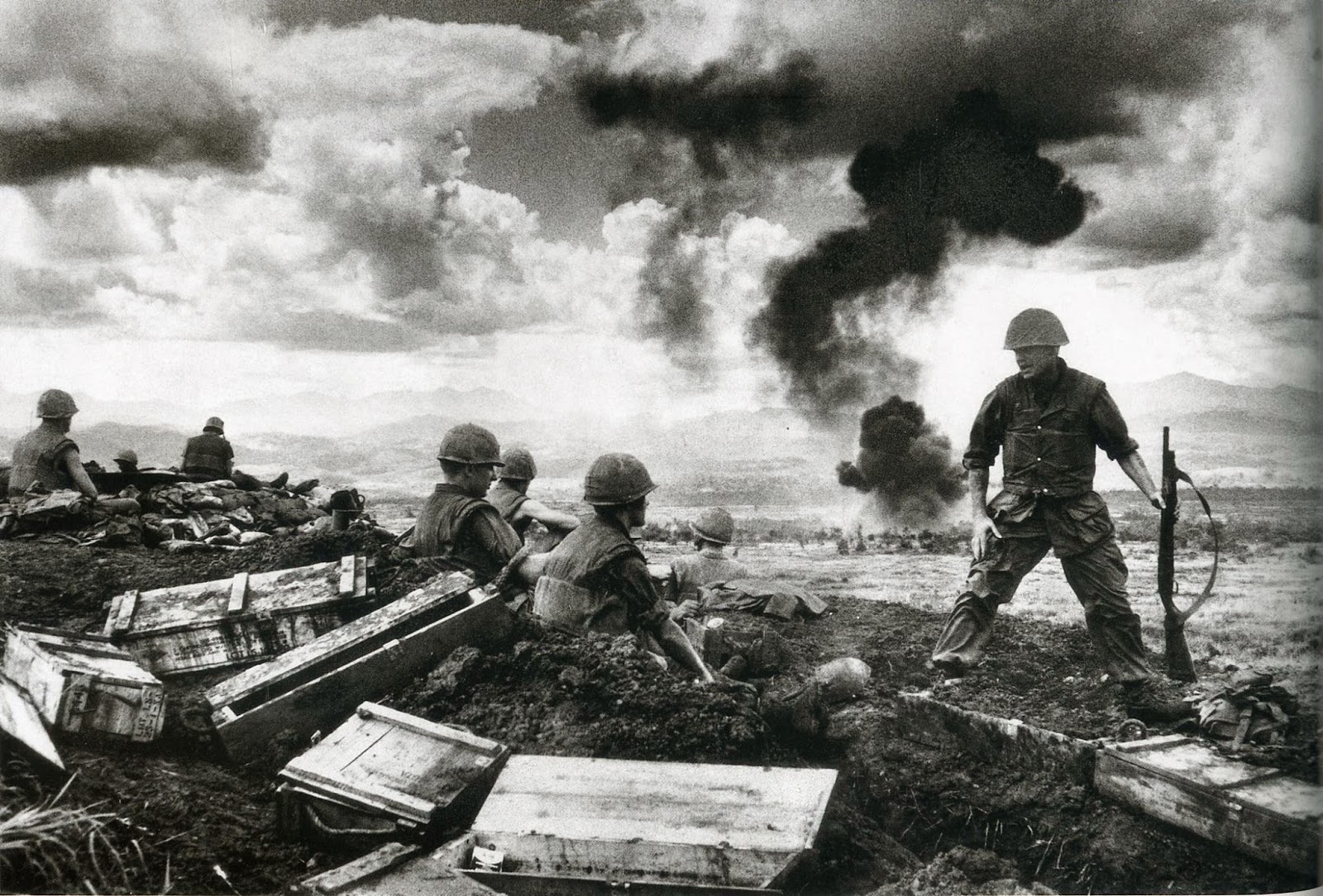


![[Photo] Military doctors in the epicenter of Myanmar](https://vstatic.vietnam.vn/vietnam/resource/IMAGE/2025/4/6/fccc76d89b12455c86e813ae7564a0af)

![[Photo] Prime Minister Pham Minh Chinh chairs the regular Government meeting in March](https://vstatic.vietnam.vn/vietnam/resource/IMAGE/2025/4/6/8393ea0517b54f6791237802fe46343b)
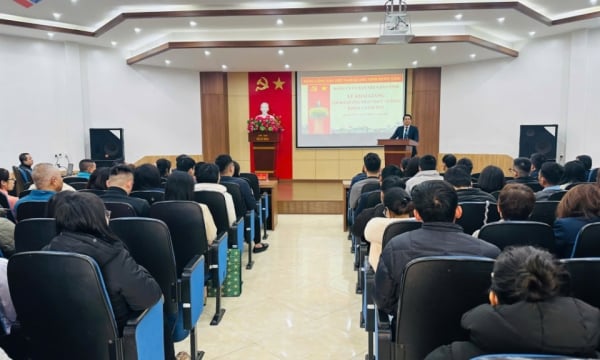
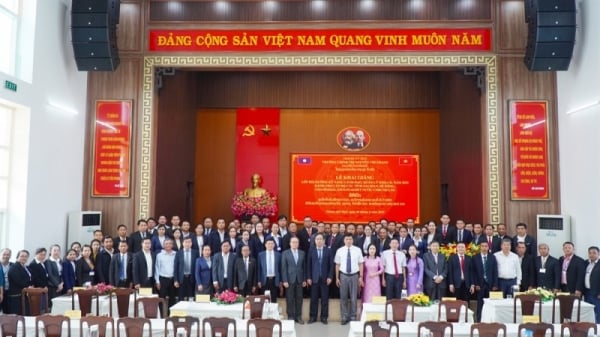


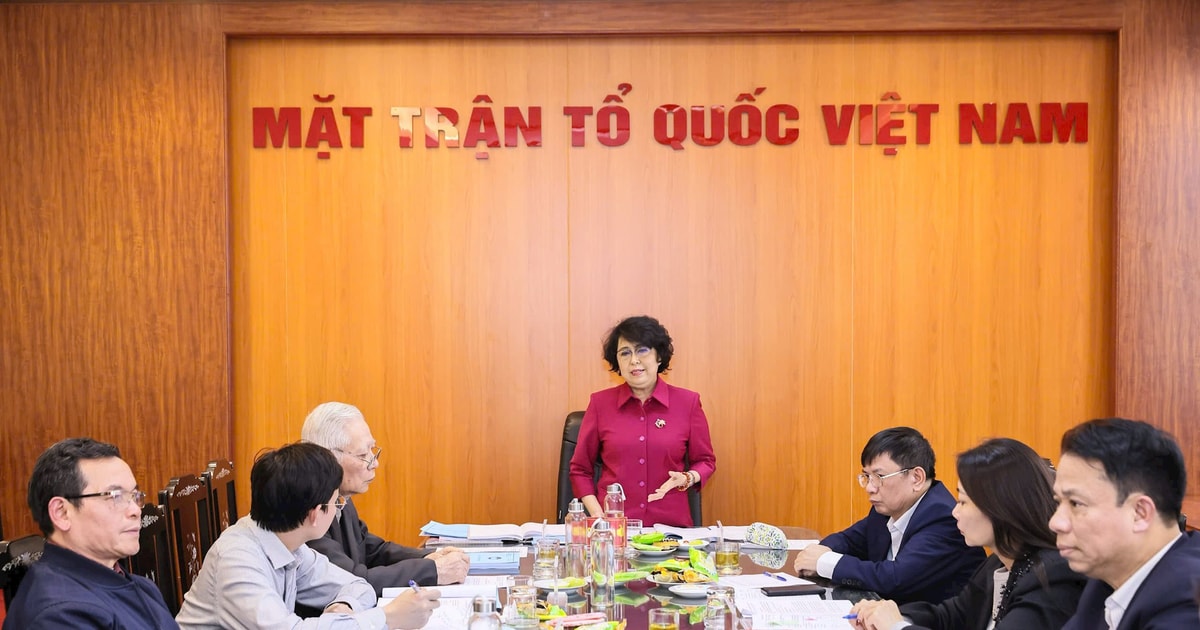
















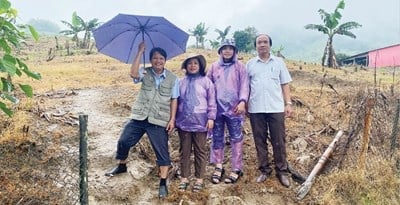

![[Photo] Quang Binh: Bright yellow vermicelli flowers in Le Thuy village](https://vstatic.vietnam.vn/vietnam/resource/IMAGE/2025/4/6/80efad70a1d8452581981f8bdccabc9d)


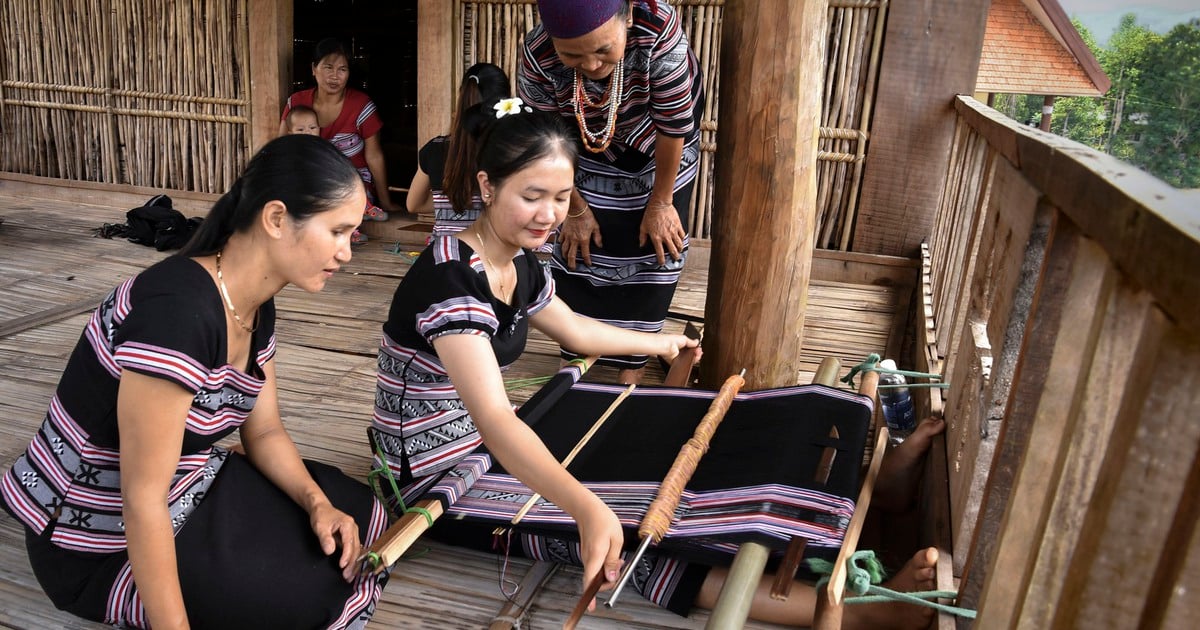



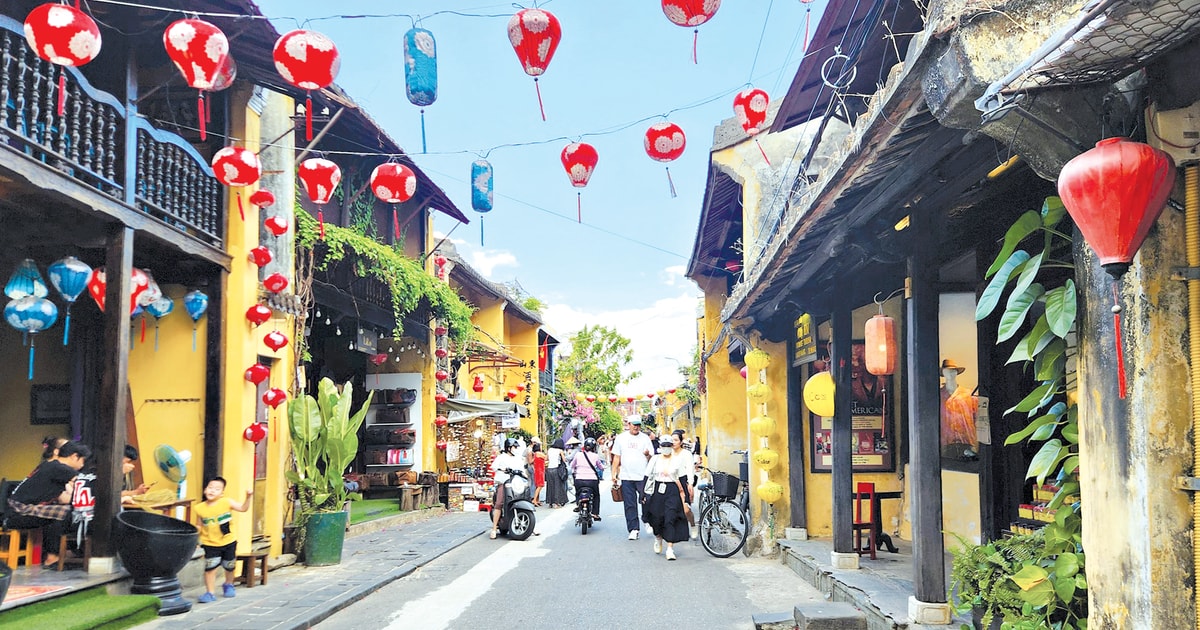





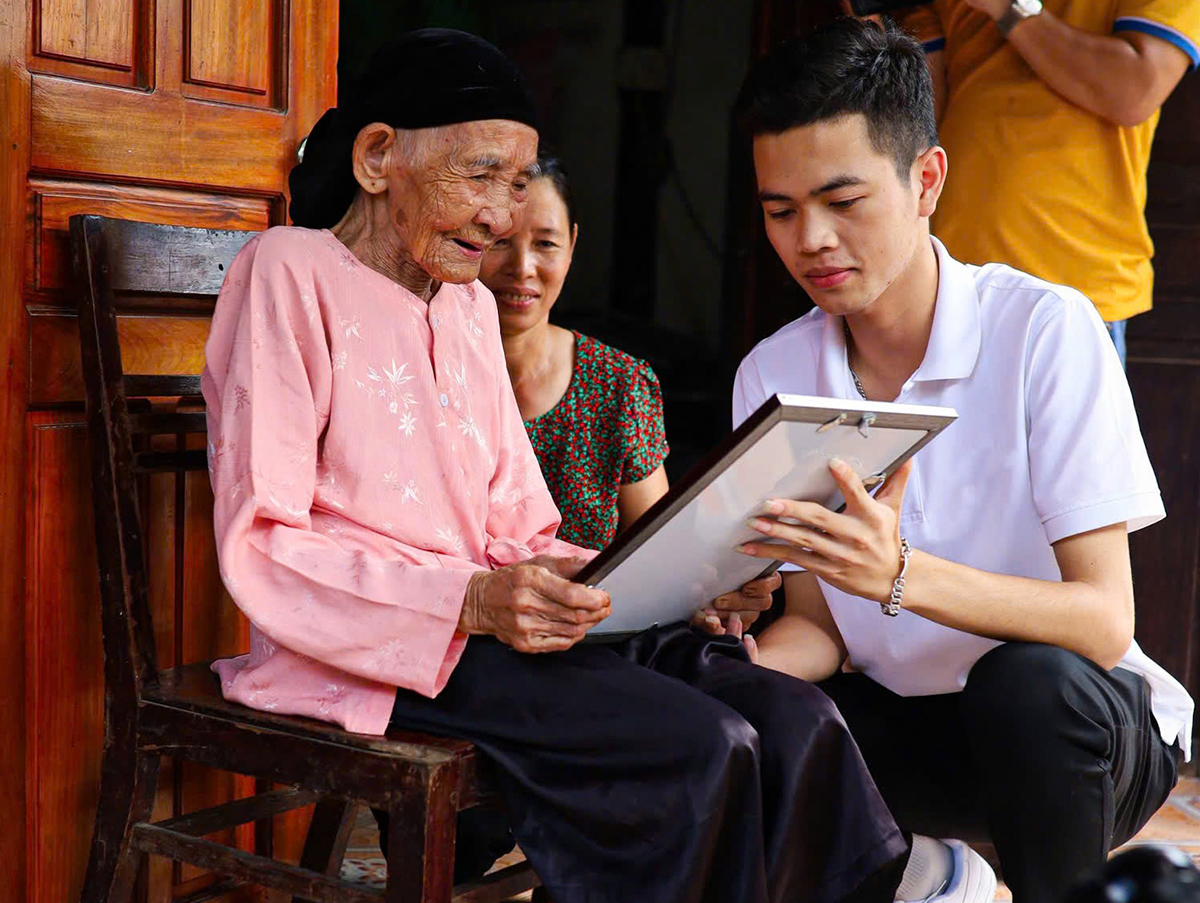

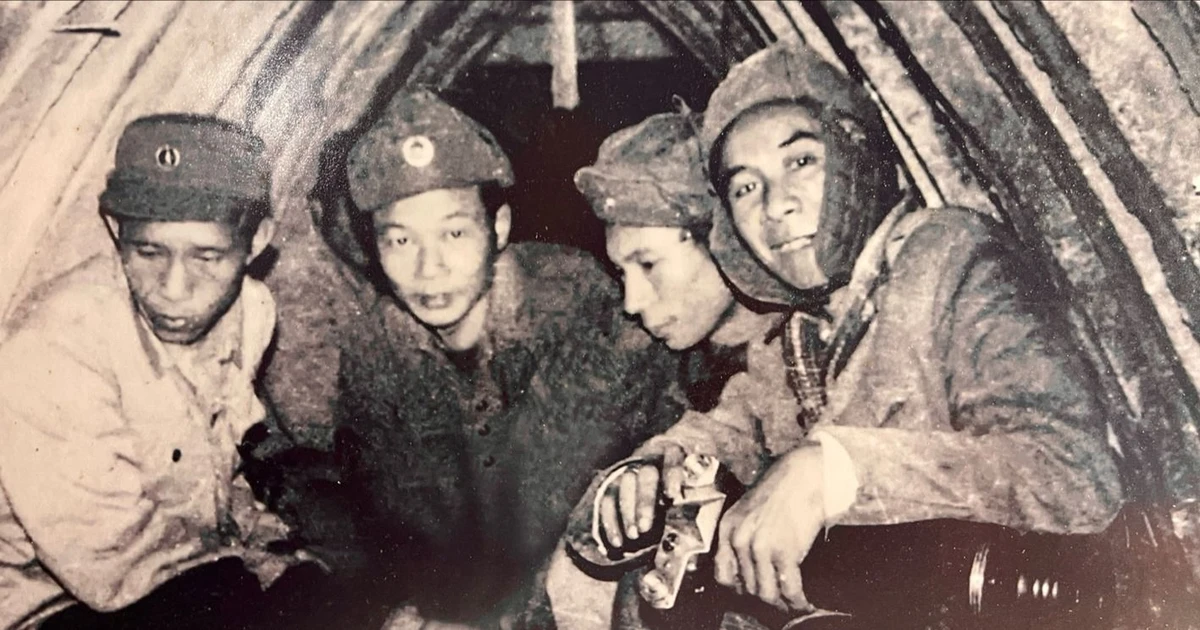



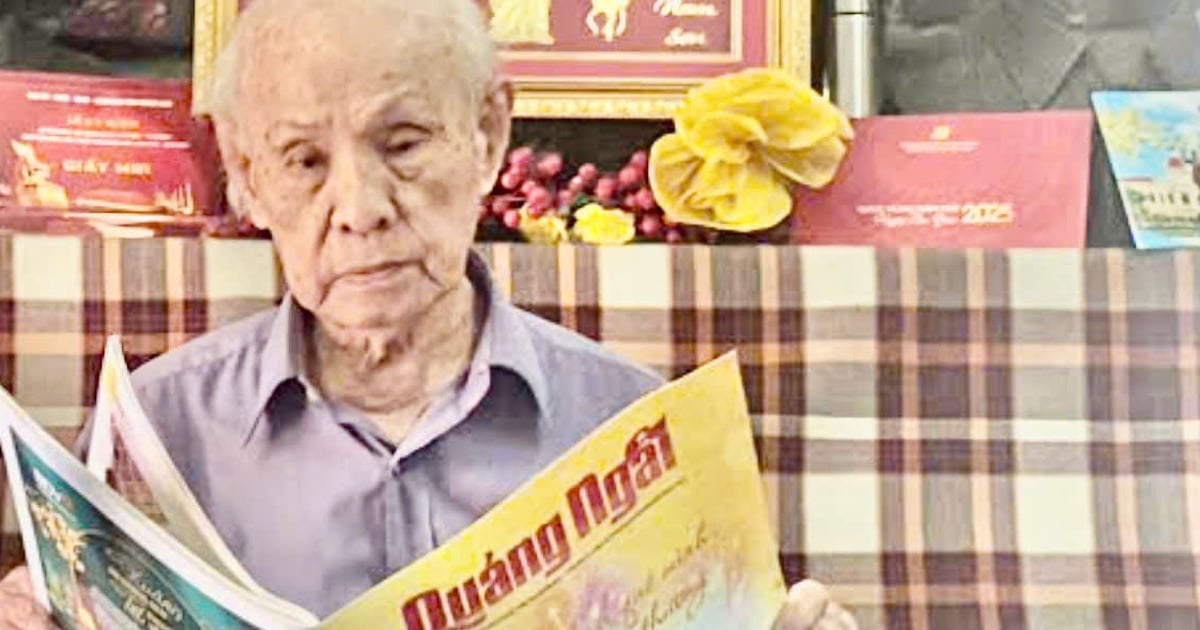
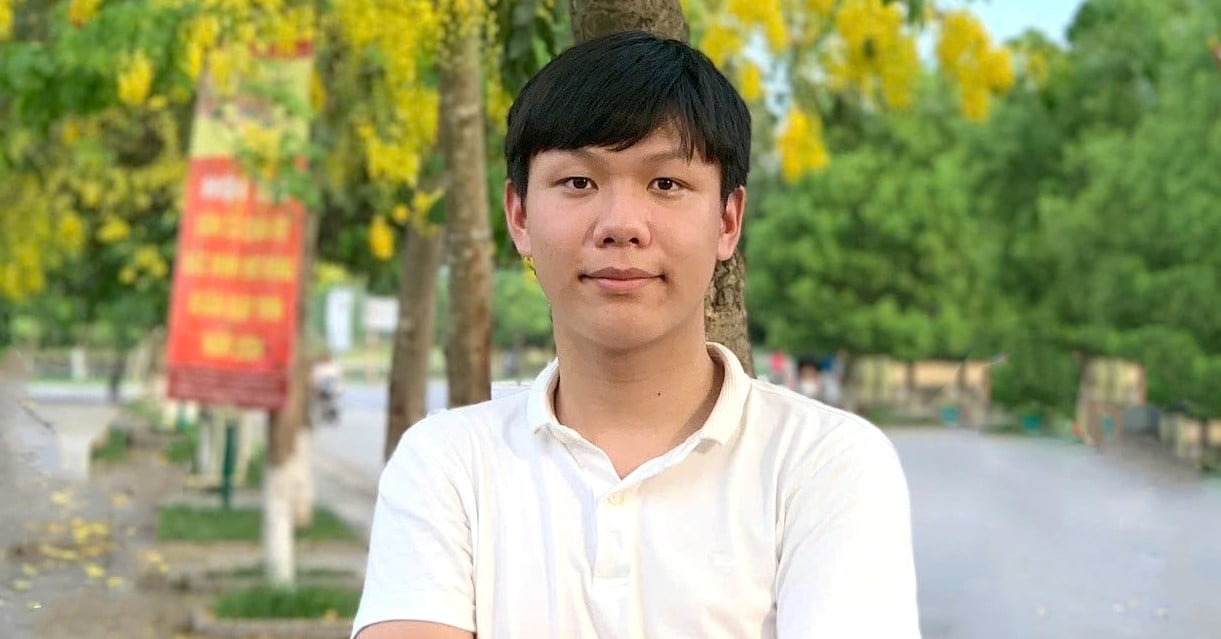



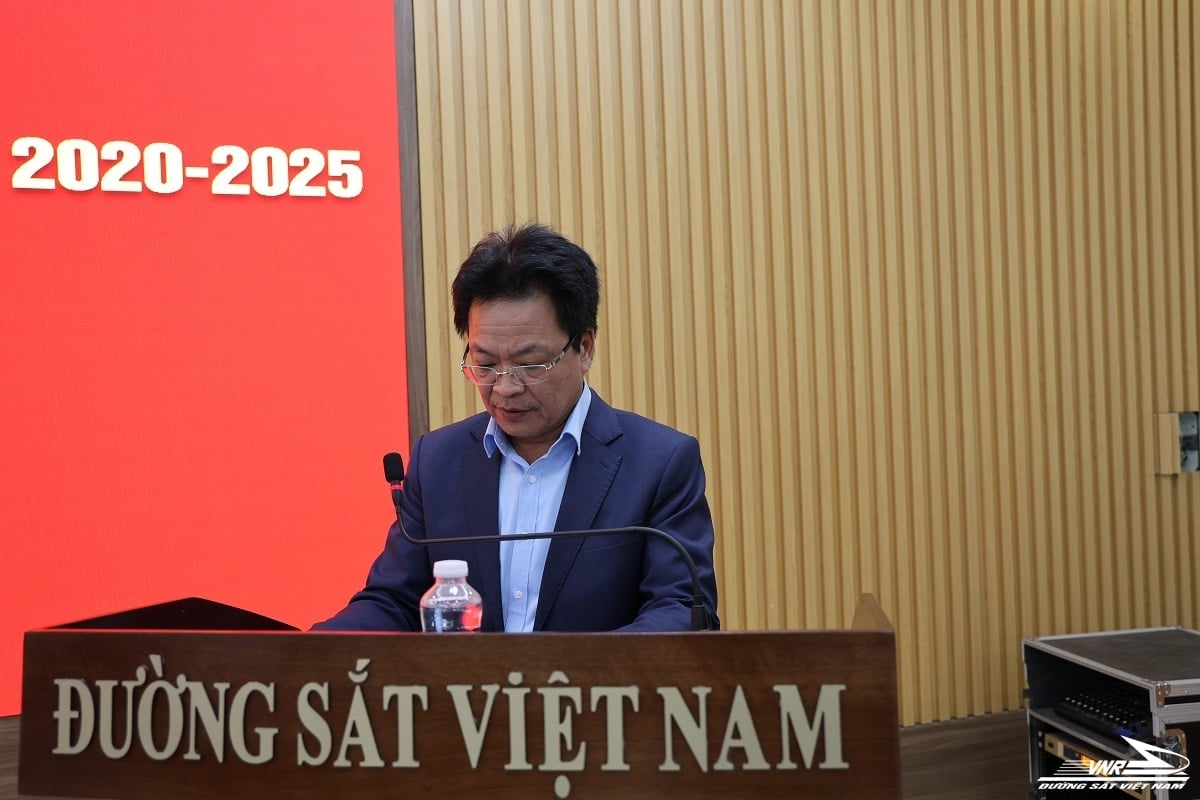





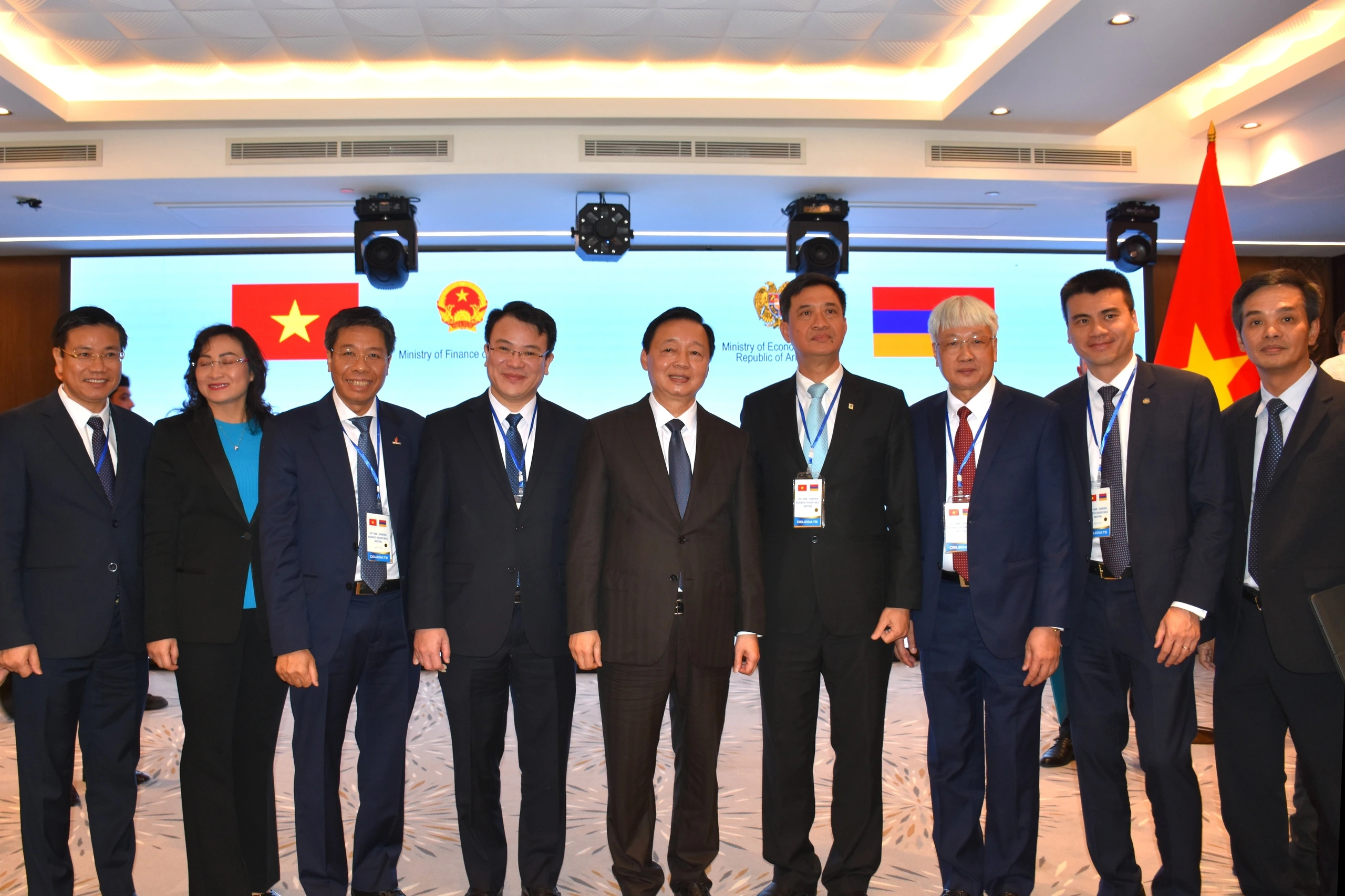







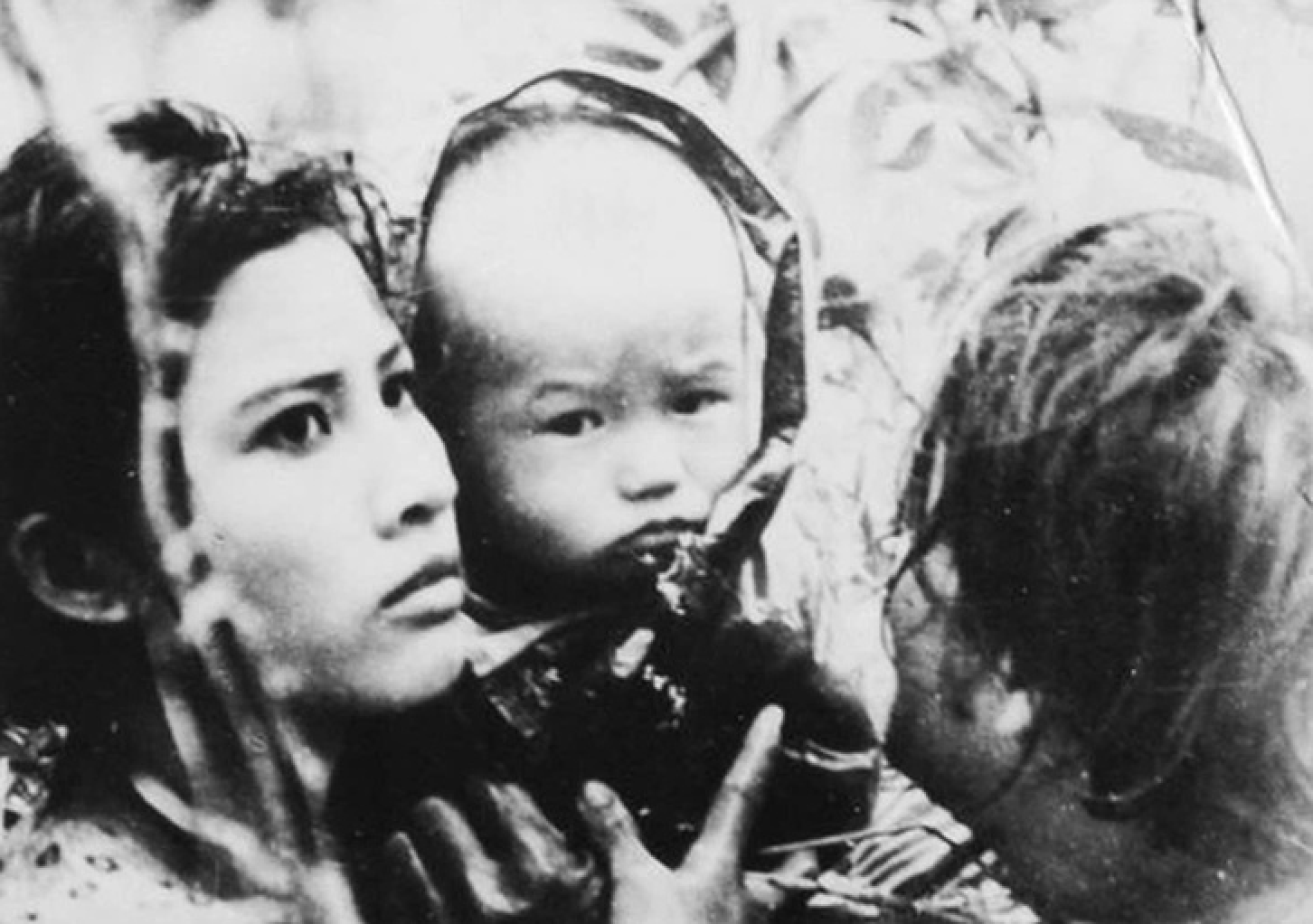




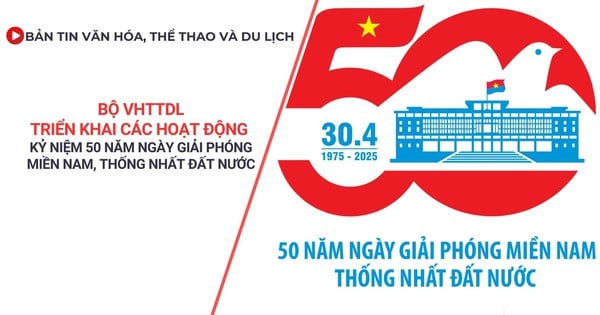








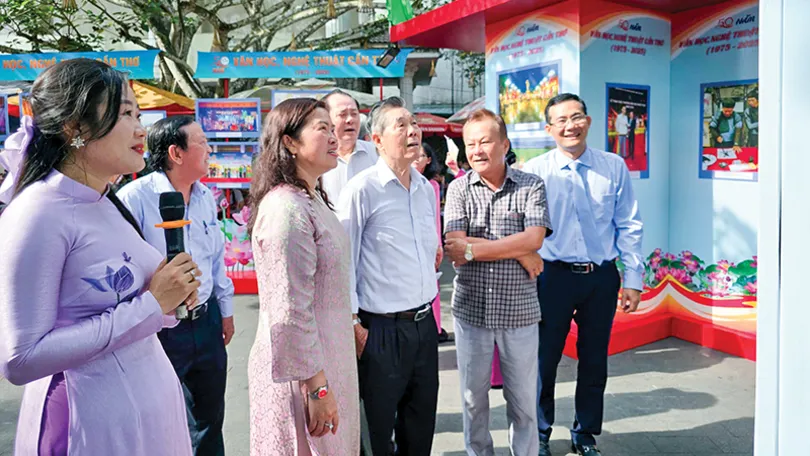



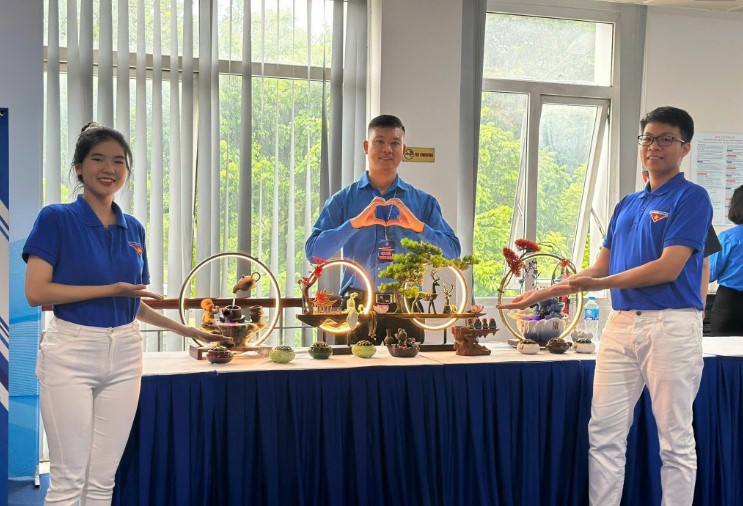
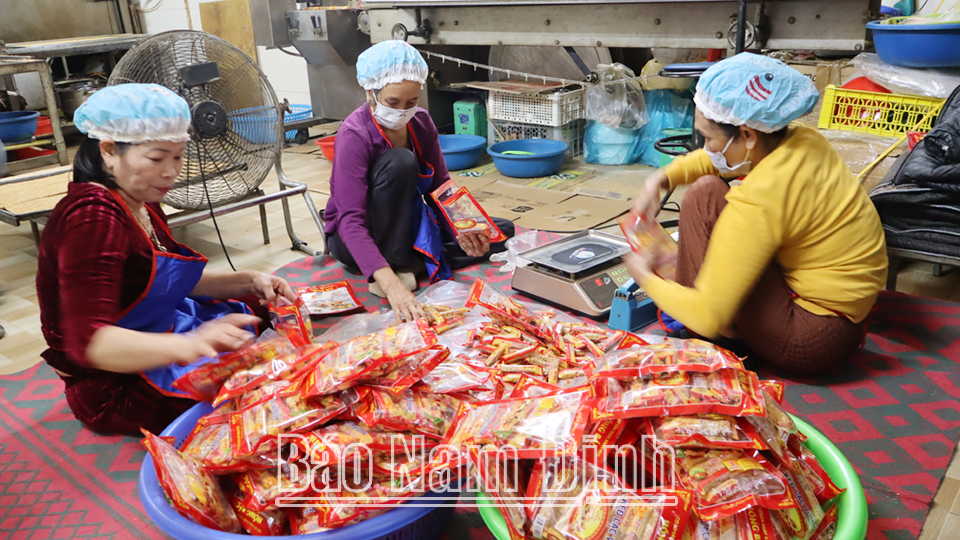

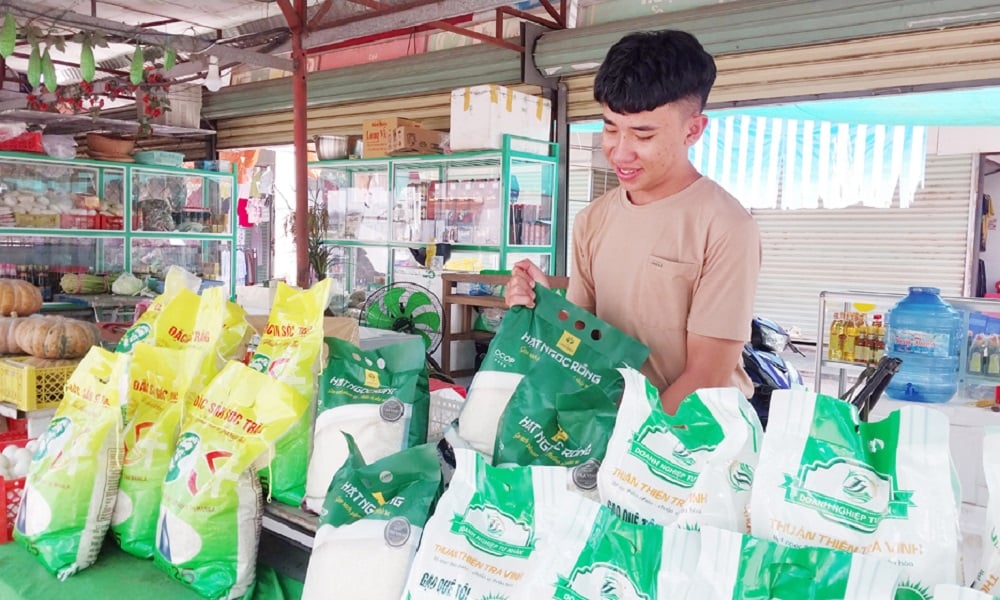



Comment (0)